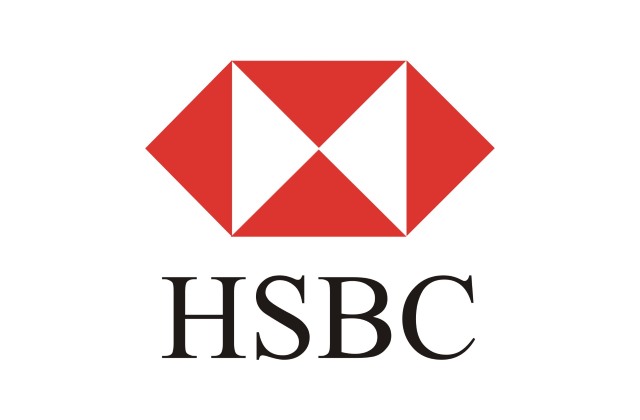
HSBC online banking hit by DDoS attack
As workers eagerly awaited the arrival of their first payday of 2016, and others rushed to file their tax returns ahead of Sunday's deadline, HSBC's online banking services were knocked offline today.
The banking giant was hit by a DDoS, but it is not yet clear who is responsible. The attack meant that customers were unable to access their online accounts, and it is just the latest in a strong of high-profile security issues to affect well-known sites.
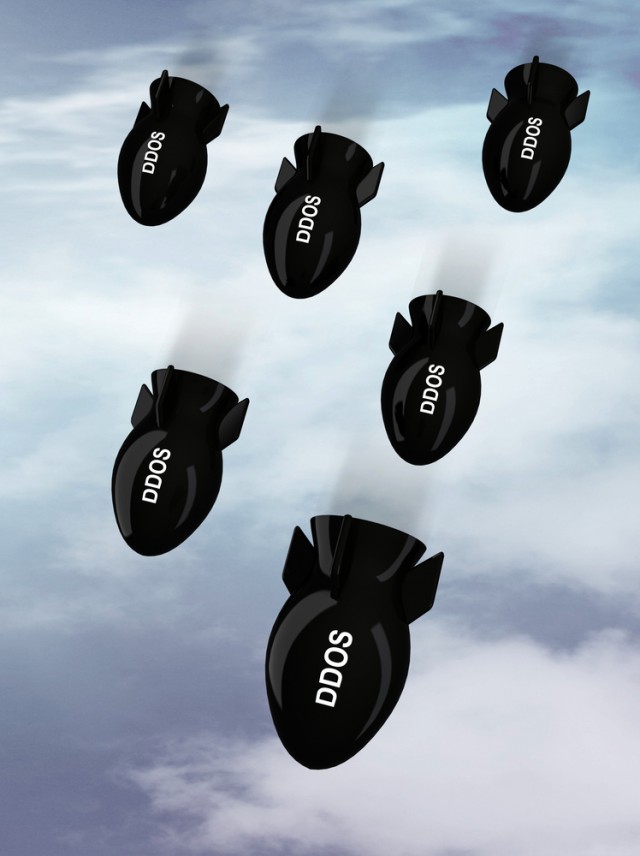
Turkey becomes top target for DDoS attacks
The final quarter of last year saw Turkey suffer an onslaught of denial of service attacks, the number growing ten-fold to more than 30,000 events per day, according to security company Nexusguard.
The company's Q4 2015 Threat Report shows that 81 percent of the top 10 attack destinations were Turkish-based IP addresses. It's thought that the spike in attacks could be related to rising tensions between Russia and Turkey.
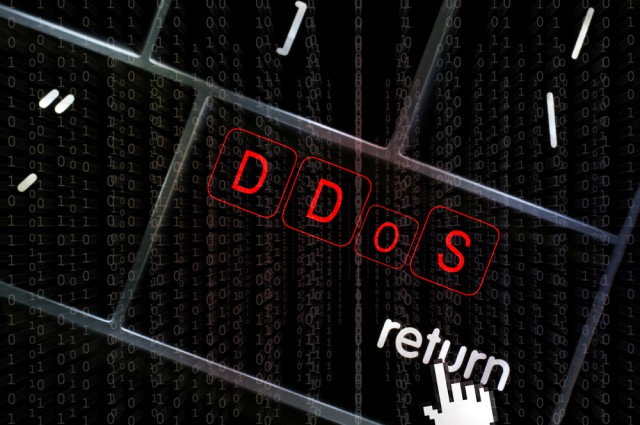
DDoS attacks and how they work
DDoS attacks are one of the greatest threats that companies face and can lead to financial losses and damage to customer relationships.
But how exactly do these attacks work? Cloud delivery security company Incapsula has put together an infographic explaining the anatomy of an attack.

Humans get frozen out of frontline security
A new report from application delivery and cyber security specialist Radware suggests that the human element will increasingly be excluded from security as 2016 brings a 'battle of the bots'.
It finds that throughout 2015, no industry was immune to cyber attacks, and few were prepared for them. In 2016, attacks are predicted to become even more aggressive with the arrival of Advanced Persistent Denial of Service (APDoS) attacks and an increase in volume and scope of sophisticated bot-generated assaults against web application infrastructure.
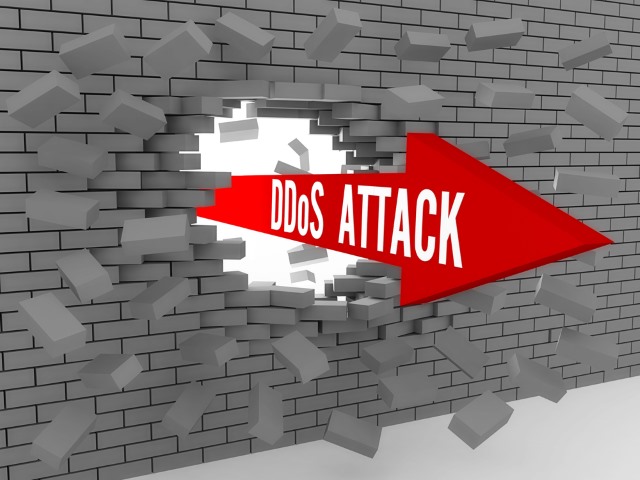
BBC was hit with the biggest-ever DDoS attack
There’s a good chance that the recent DDoS attack against the BBC was the biggest one, yet. That depends on whether the hackers behind the attack are exaggerating or not.
According to a CSO Online report, the hackers claimed the attack on the BBC website, which occurred on New Year’s Eve, reached 602Gbps. If that turns out to be true, that will be almost twice the size of the current biggest attack which sits at 334Gbps.

New World Hackers take Trump offline -- but when does hacking vigilantism infringe on free speech?
My colleague Brian Fagioli has referred to the web being rather like the Wild West. I'm inclined to agree, but that's not to say that we have reached the same conclusion for the same reasons. For me, the web -- like the Wild West -- is not a world filled with danger, but one occupied by vigilantes. As a proponent of free speech, I find this concerning. One of the most highly-lauded of vigilantes is the disparate group marching under the ragged banner of Anonymous.
One of its taglines is 'We Are Anonymous', a phrase that can be uttered by anyone as there is no membership process -- if you say you are part of Anonymous, you are part of Anonymous. The group is not, for the most part, organized. Individuals and factions can fight for or against whatever cause they want, just like real-world vigilante groups. But Anonymous is not alone. There are hacking collectives and other online crusaders who see fit to take the law into their own hands. This might sound wonderful, but it's not necessarily a good thing. As New World Hackers demonstrate, attacks can target the wrong people and restrict free speech.
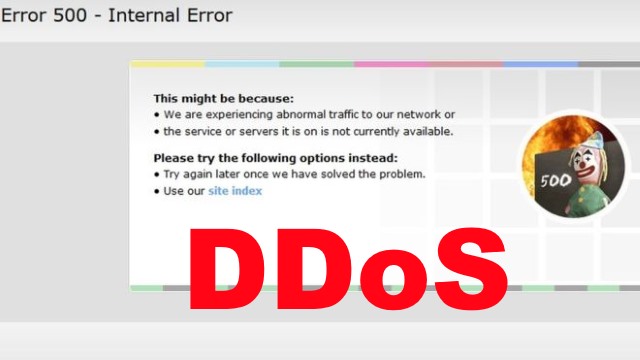
American hacking group killed the BBC's online presence to test anti-ISIS attack powers
A huge DDoS attack took the BBC's websites offline on Thursday, as well as the broadcaster's iPlayer streaming service. The disruption lasted for several hours, and now a US-based group of 'cyber hackers' that usually targets ISIS has claimed responsibility.
The New World Hacking group is a self-proclaimed hacktivist group that supports Anonymous. It says that despite effectively knocking the BBC from the face of the web, it was only meant to be a test of server power rather than a targeted attack on the corporation.

2016 will see the rise of DDoS-as-a-service
We've already seen a big increase in DDoS attacks in the past year and according to the latest predictions these are set to continue and become more sinister in nature as we move into 2016.
Security specialist Corero foresees a rise in 'Dark DDoS' attacks used as various smokescreens to distract victims while other attacks infiltrate corporate networks to steal sensitive data.

DDoS attacks rise by 180 percent in 2015
To some this will come as a surprise, to others not as much, but the Distributed Denial of Service, also known as DDoS -- was the most popular type of cyber-attack in the past year.
According to a report by security firm Akamai, there has been a jump of 180 percent in the number of DDoS attacks in 2015. The ending year also saw records broken in the size of the attacks, as well.
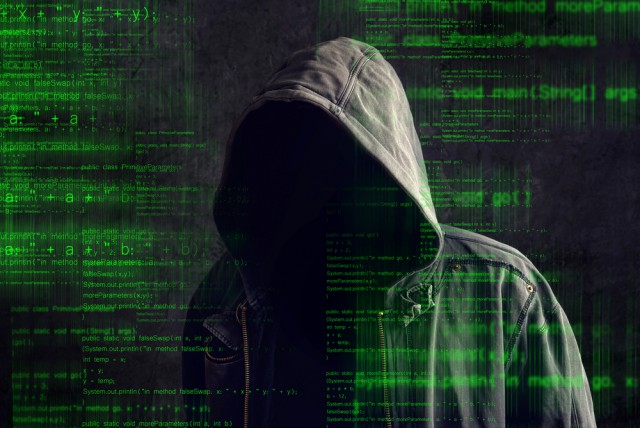
Hacker group aims to take down Xbox Live and PlayStation Network for Christmas
There will no doubt be many new games and consoles under trees this holiday season. That means a lot of people joining the online gaming community and trying to get started with their new toys. The networks need to be ready for the vast influx of users. Now a hacker group is vowing to prevent all of this.
This isn't a new thing, as last Christmas Lizard Squad knocked both Xbox Live and PlayStation Network offline. This time around it's Phantom Group planning to do exactly the same thing. The group announced its intent on Twitter with such threats as "We are going to shut down Xbox live and PSN this year on Christmas. And we are going to keep them down for one-week straight #DramaAlert".

Instart Logic and Verisign team up to fight DDoS attacks
DDoS activity is at its highest for two years according to Verisign's Q3 2015 DDoS Trends Report, and as the number and sophistication of attacks increases, companies are recognizing the need for better security.
Application delivery specialist Instart Logic has announced a partnership with Verisign to offer customers an advanced DDoS scrubbing capability.

Accidental DDoS takes down Google's European cloud
Google got accidentally DDoSed by an unnamed European network carrier, sending its cloud service offline on the old continent for about an hour.
The incident occurred last Monday, but it is only now that Google has decided to explain exactly what happened.

How DDoS attacks have evolved in 2015
As with most other cyber threats, the world of DDoS attacks seldom stands still, with new techniques constantly evolving to make them more effective and harder to defeat.
Security strategist Andrew Lemke, writing on the IBM Security Intelligence blog, has taken a look at some of the most significant DDoS developments of the past year.

ProtonMail sets a dangerous precedent and opens itself up to further attacks by paying ransom
In the world of malware, one of the most recent trends is ransomware -- malicious software that either blocks access to a computer until a fee is paid, or files are encrypted until a ransom is put forward. As with ransomware and kidnapping, a ransom is often demanded by hackers and instigators of DDoS attacks.
This is precisely what happened to 'secure' email provider ProtonMail the other day when it found its datacenter inundated with traffic. At the time, the company asked for donations to cover the costs of the "quite expensive solutions" needed to fight back against "the sophistication of this attack". But rather than fighting back, ProtonMail decided to pay the ransom instead. This could prove to be a terrible mistake.
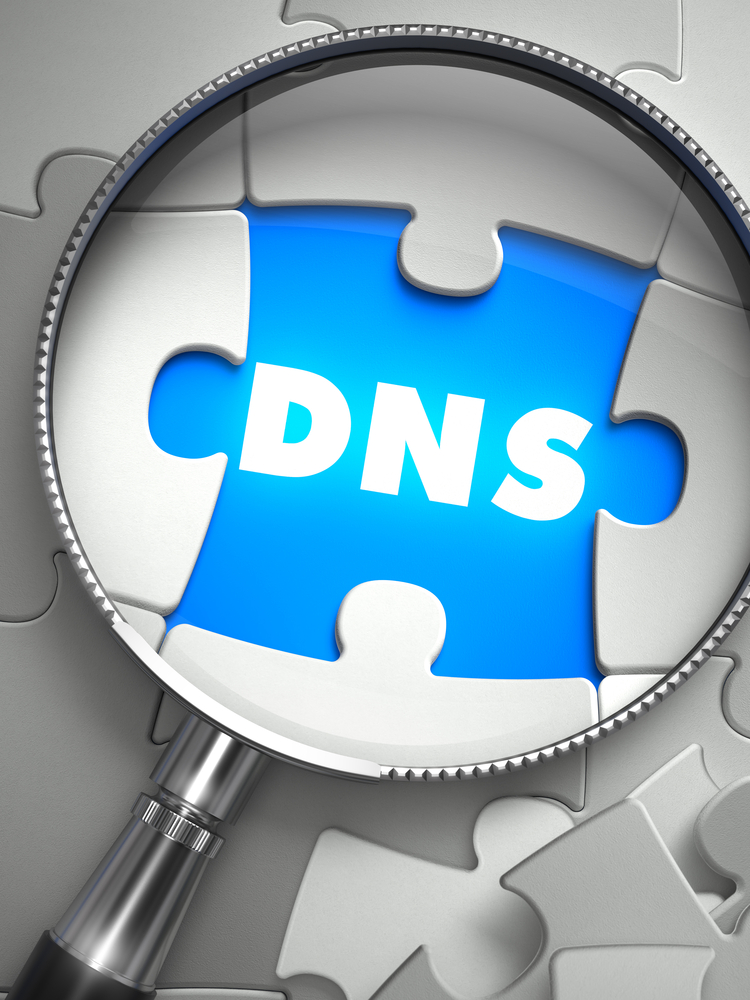
LookingGlass helps to close the DNS security gap
One of the biggest areas of vulnerability for corporate networks is DNS, with companies having to contend with DDoS attacks and attempts to steal data.
In an effort to help customers close the gap in DNS security, threat intelligence specialist LookingGlass Cyber Solutions has developed an intelligence-driven network security solution that identifies and stops DNS-based cyber threats.
